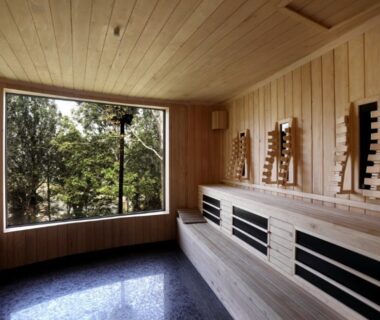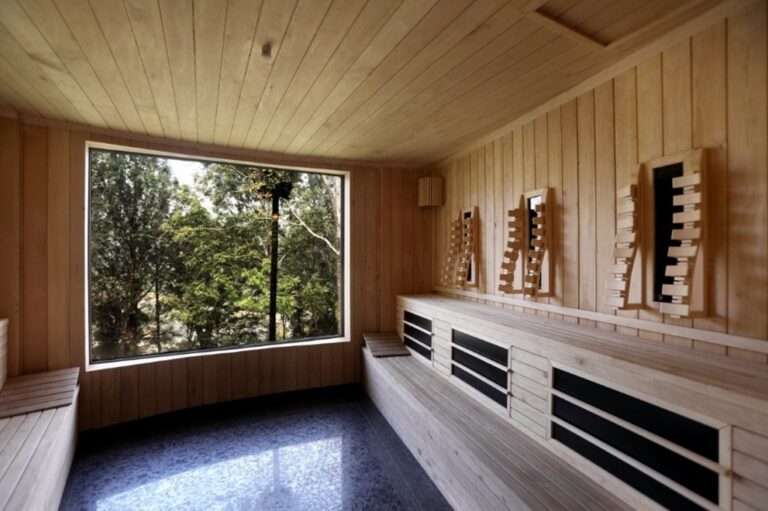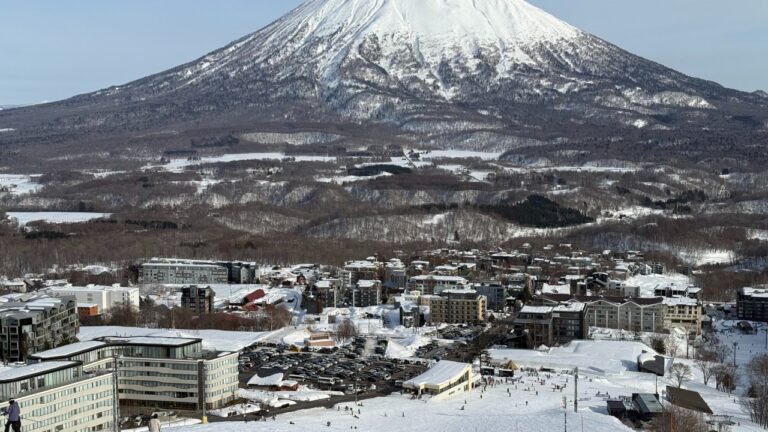Photos: FII Vietnam
In 2024/25, product trials remained a key driver of FII Vietnam’s market development, with 24 recorded trials helping manufacturers explore B.C. softwood species for furniture applications. Product trials help to test and validate the performance of B.C. wood, leading to faster industry acceptance. And by connecting directly with manufacturers, the trials provide constructive feedback for the overall marketing program.
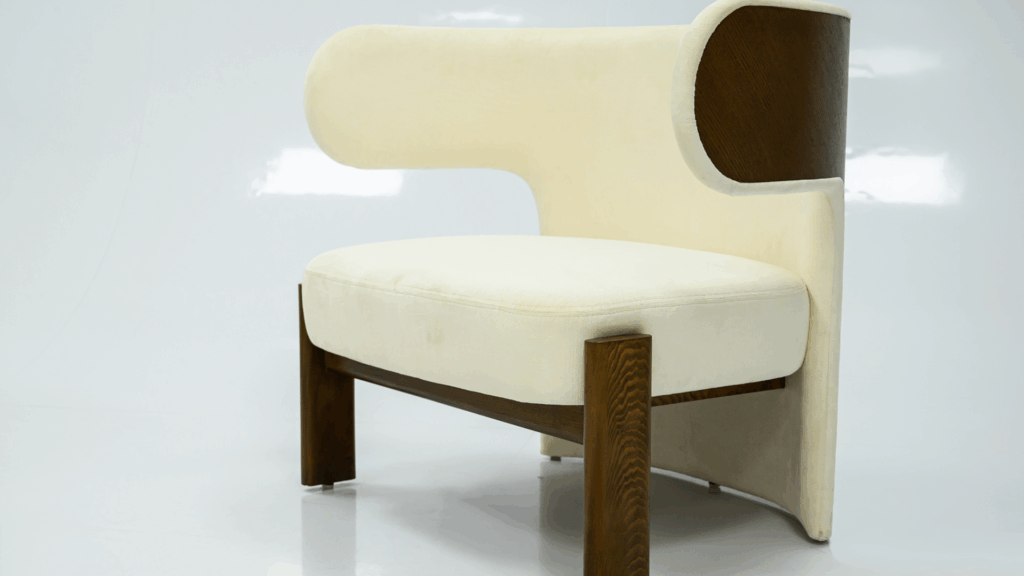
Each trial is strategically planned, focusing on manufacturers with the capability and market potential to integrate Canadian wood into production sooner rather than later.
To build on this momentum, FII Vietnam has implemented a plan to identify and map out 700 potential manufacturers, progressively engaging with them over the next three years. This approach strengthens market intelligence—allowing the team to target the right partners at the right time and ensuring that every interaction moves the industry closer to adopting B.C. softwood species.
Product trials are an important and strategic market development approach; education for manufacturers to better understand B.C. species and other technical guidance are key to initiating the right trial and proposal. Post-trial communication is critical in supporting manufacturers based on their business needs and eventually moving towards full-scale commercialization.
Recognizing this, FII Vietnam goes beyond just initiating trials to actively supporting manufacturers through each stage, offering technical guidance, helping them refine their processes, and facilitating connections to buyers who value high-quality, responsibly sourced wood.
Over the past year, FII Vietnam focused more on existing adopters. This was because their favourable experiences with B.C. wood enabled quicker approvals for expanding their use to other B.C. species and applications.

Under the “Try Canadian Wood” program, a large manufacturer with exports topping USD $100 million per year recently tested the use of Douglas-fir in bedroom and dining sets. Results were favourable and the firm is now looking to expand use to western hemlock and S-P-F, all from B.C.
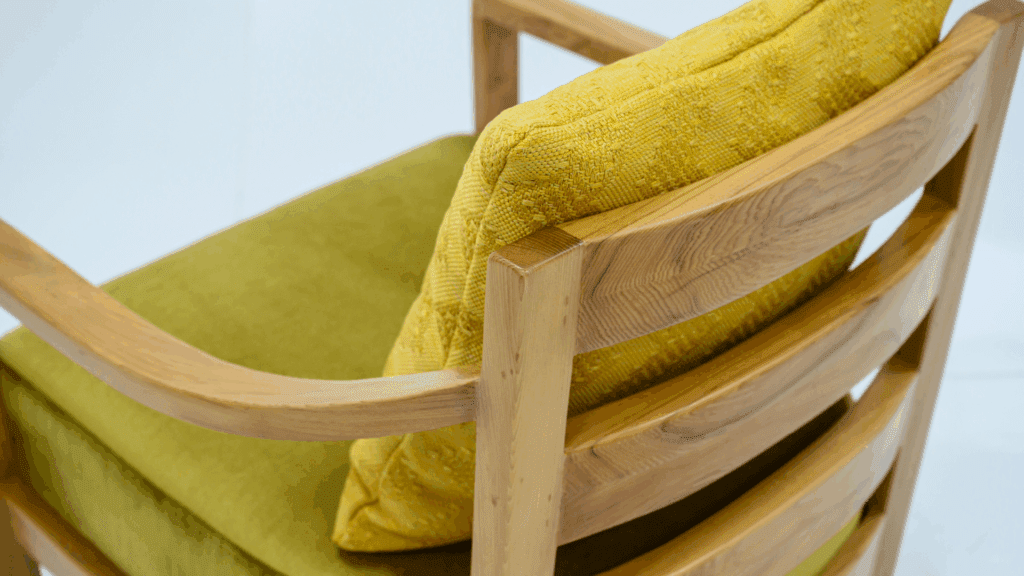
In another success for coastal species, Falcon Inc., a furniture manufacturer servicing the hospitality sector, product tested western hemlock for furniture. Testing was rigorous as the company services clients in the tropics (Singapore), coastal regions (Japan) and across North America (arid and sub-zero conditions). Tests were successful and western hemlock is now considered a viable species as an alternative to oak, walnut and other premium hardwoods. The company is now preparing to incorporate the B.C. species in larger scale production.
Hemlock heats up sauna production
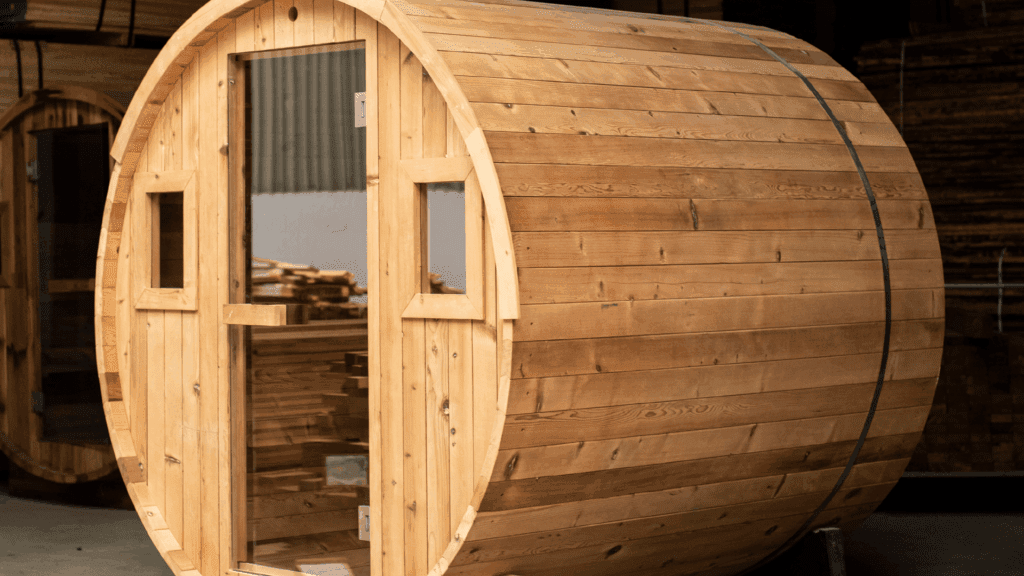
With a line of sauna and outdoor furniture products already using western red cedar, manufacturer Giang Minh understood the many benefits of using B.C. coastal species. So, when the firm wanted to expand its line of saunas, it asked for advice from FII Vietnam. The team introduced the manufacturer to thermally modified hemlock, a product that undergoes additional heat treatment to increase durability and resistance to moisture and decay. A product trial followed, with favourable results.
FII then connected Giang Minh with a North American importer, who placed an order for the new saunas. The high-end product quickly sold out, with Giang Minh now scaling up production to meet the increasing demand.
Giang Minh is so impressed with thermally modified hemlock that it is looking to use the wood in a wider range of product lines targeting markets in the UK, Australia, and North America.
